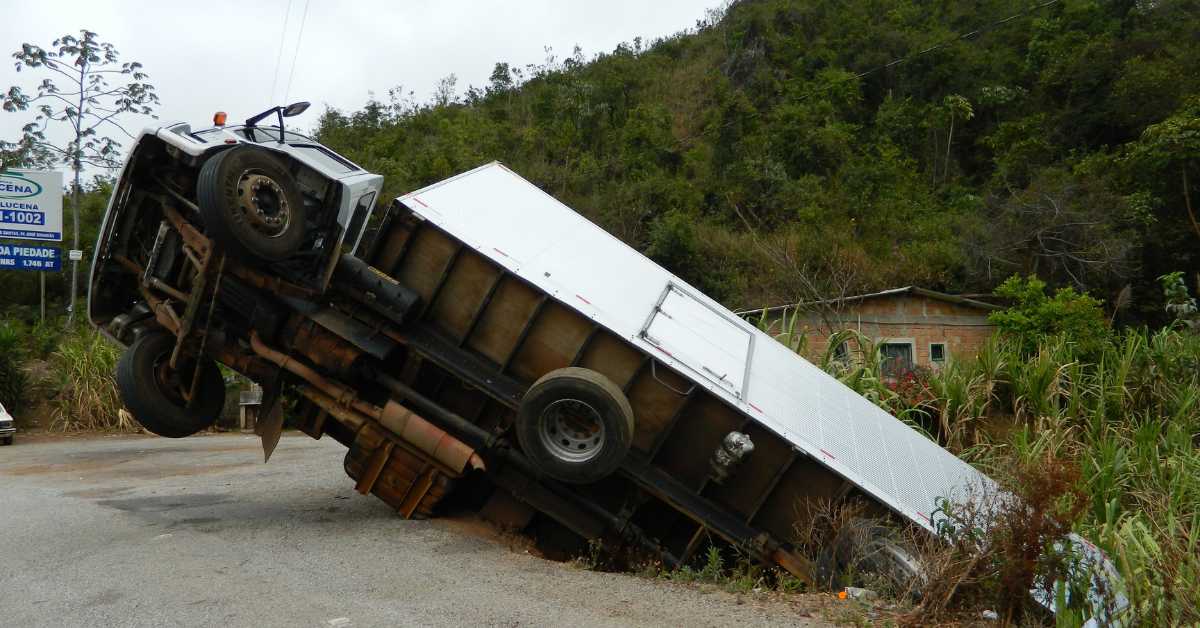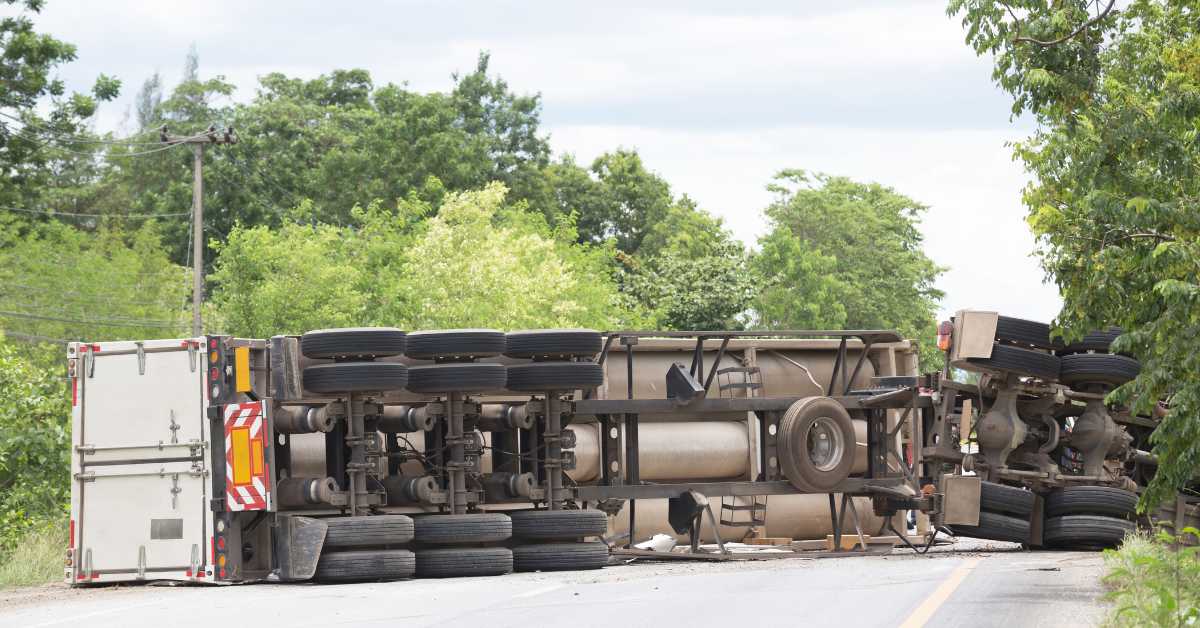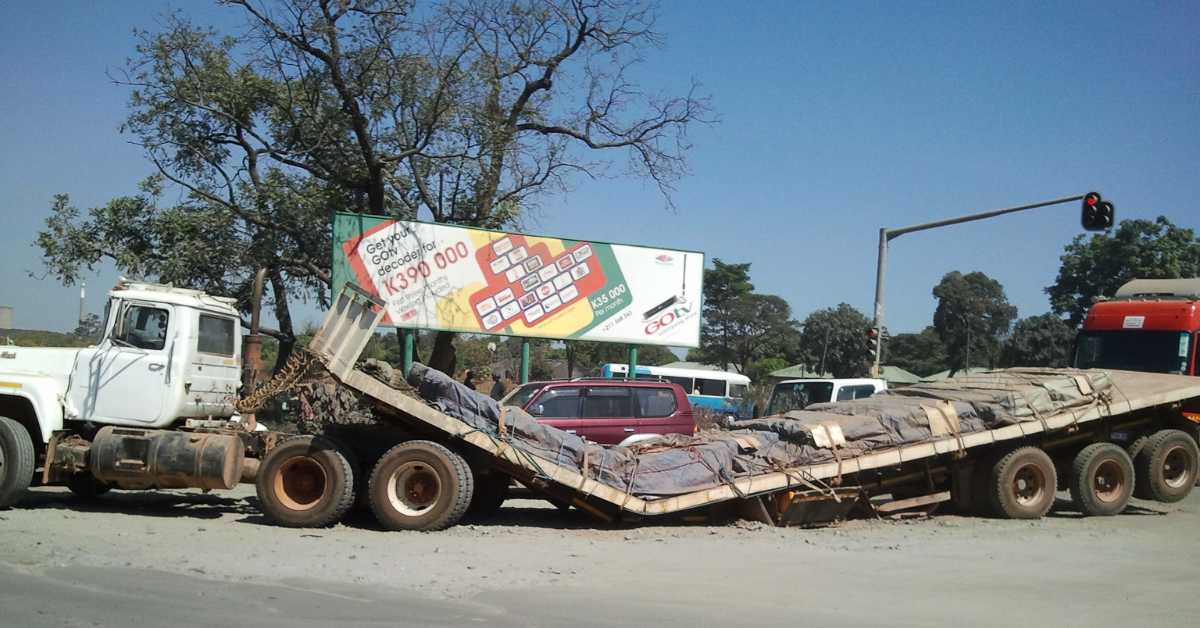Understanding the Purpose of a Trucking Company Investigation
When a collision involves a commercial truck, the aftermath often raises questions about how and why it happened. Investigating trucking company practices helps uncover whether negligence played a role—whether through unsafe driving, poor maintenance, or insufficient training. For victims and their families in Oklahoma City and across the state, these investigations provide the foundation for obtaining fair compensation and holding responsible parties accountable.
Truck accident investigations are more complex than typical car accidents. Commercial vehicles operate under strict federal and state rules, including regulations from the Federal Motor Carrier Safety Administration (FMCSA) and Oklahoma Department of Public Safety. Understanding how these standards apply is key to identifying violations that can prove fault.
Collecting and Preserving Initial Evidence
The first step in any investigation is securing the scene and preserving critical evidence before it disappears. Investigators document the crash site through photographs, video footage, and measurements of skid marks or debris. Law enforcement reports and witness statements also become vital pieces of the puzzle.
In many Oklahoma cases, investigators move fast because trucking companies may send representatives to the scene to protect their interests. Prompt evidence collection prevents data loss and safeguards a fair legal process for injured victims.
Accessing the Truck’s Black Box Data
Modern commercial trucks are equipped with Event Data Recorders (EDRs), often referred to as “black boxes.” These devices capture crucial details such as speed, brake activity, throttle position, and engine status just moments before impact. Retrieving this data as soon as possible helps clarify whether the driver was fatigued, distracted, or speeding at the time of the crash.
In Oklahoma City truck accident claims, timely access to EDR information can make a major difference. Trucking companies are legally obligated to preserve this data, but it’s not uncommon for it to be lost or overwritten if legal action isn’t initiated quickly.
Reviewing Driver Logs and Employment Records
Federal Hours of Service (HOS) regulations limit how many hours a driver can operate a commercial vehicle before taking mandatory rest breaks. Investigators review electronic logging devices (ELDs), timecards, and dispatch records to uncover violations. They also evaluate the driver’s background, training history, and drug or alcohol test results.
Negligent hiring or improper supervision can point to corporate fault. When a trucking company fails to ensure its drivers are qualified or pressures them to exceed legal limits, that conduct creates liability under both federal and Oklahoma law.
Inspecting Vehicle Maintenance and Safety Records
Trucking companies must keep detailed maintenance and inspection logs as required by FMCSA standards. These records outline brake condition, tire wear, and overall mechanical safety. A missed inspection or ignored repair order may expose a pattern of poor maintenance that contributes to mechanical failure.
In Oklahoma, inspectors and law enforcement take mechanical violations seriously because of the risk to other drivers. When a neglected truck causes injury or death, maintenance records become powerful evidence of negligence.
Evaluating Company Policies and Operating Practices
Beyond individual driver actions, investigators look closely at how the trucking company runs its business. Some carriers cut corners to meet deadlines—pressuring drivers to speed, skip rest breaks, or falsify logs to deliver cargo faster. Reviewing company memos, safety policies, and FMCSA compliance histories often reveals whether management promoted unsafe behavior.
When a pattern of disregard for safety emerges, it can strengthen a victim’s claim.
Demonstrating that unsafe practices were encouraged at a corporate level helps establish gross negligence, an important factor under Oklahoma personal injury law.
Assessing Cargo Loading and Securement
Proper cargo loading is essential for preventing accidents. Investigators examine loading records to confirm that materials were balanced, secured, and compliant with weight restrictions. Overloaded or unbalanced trailers frequently contribute to rollovers and jackknife accidents on Oklahoma highways.
In cases involving multiple companies—such as separate loading contractors—liability can extend beyond the driver or carrier. Each party involved in cargo handling is required to follow FMCSA load securement rules, which Oklahoma courts often reference in determining fault.
Engaging Technical and Medical Experts
Truck accident investigations often rely on professional reconstruction experts who analyze physical evidence to piece together how and why the crash occurred. Using physics and crash data, they create clear visual representations of the event. Medical specialists can also interpret how fatigue, prescription drugs, or medical conditions influenced driver behavior.
Expert opinions frequently carry substantial weight in court, giving juries in Oklahoma City a clearer understanding of the sequence of events leading up to the collision.
Scrutinizing Post-Accident Conduct
Occasionally, companies take steps after a crash that hinder an investigation—removing damaged vehicles, deleting video footage, or discouraging employee cooperation. Identifying these behaviors is important, as they may indicate intent to conceal wrongdoing. Quick legal action helps prevent these tactics, ensuring that the injured party’s rights are protected.
Analyzing Compliance with State and Federal Regulations
Federal and state laws strictly govern driver qualifications, vehicle condition, and operating standards. In Oklahoma, these regulations complement FMCSA rules to hold trucking companies accountable. Violations of these laws not only expose safety hazards but can directly support a negligence claim.
When legal teams uncover repeated regulatory breaches, it often signals deeper systemic failures within the company. That information becomes critical for proving liability and securing recovery for medical expenses, lost income, and other damages.
Holding Trucking Companies Accountable
Investigations into trucking company practices combine evidence gathering, legal analysis, and persistence. The goal is to reveal any shortcuts, policy failures, or safety violations that contributed to a serious collision. When handled effectively, these cases bring justice to victims and encourage safer practices across the trucking industry.
If you or someone close to you has been injured in a truck accident around Oklahoma City or nearby communities, the legal team at Bryan Garrett, PLLC can help. Our firm understands the complexity of trucking investigations and works to uncover the truth behind each crash. Contact Bryan Garrett, PLLC today for a free consultation and take the first step toward holding negligent trucking companies accountable.
FREQUENTLY ASKED QUESTIONS (FAQ):
Why is investigating trucking company practices important after a collision?
Investigating trucking company practices helps determine if negligence, such as unsafe driving, poor maintenance, or insufficient training, contributed to a commercial truck collision, providing a basis for fair compensation.
What kind of evidence is collected during a trucking company investigation?
Evidence collected includes crash site documentation (photos, video, measurements), law enforcement reports, witness statements, black box data, driver logs, employment records, vehicle maintenance, safety records, company policies, and cargo loading details.
How do federal and state regulations impact trucking accident claims?
Federal (FMCSA) and state regulations govern driver qualifications, vehicle condition, and operating standards. Violations of these laws not only expose safety hazards but can directly support a negligence claim, helping to prove liability.


